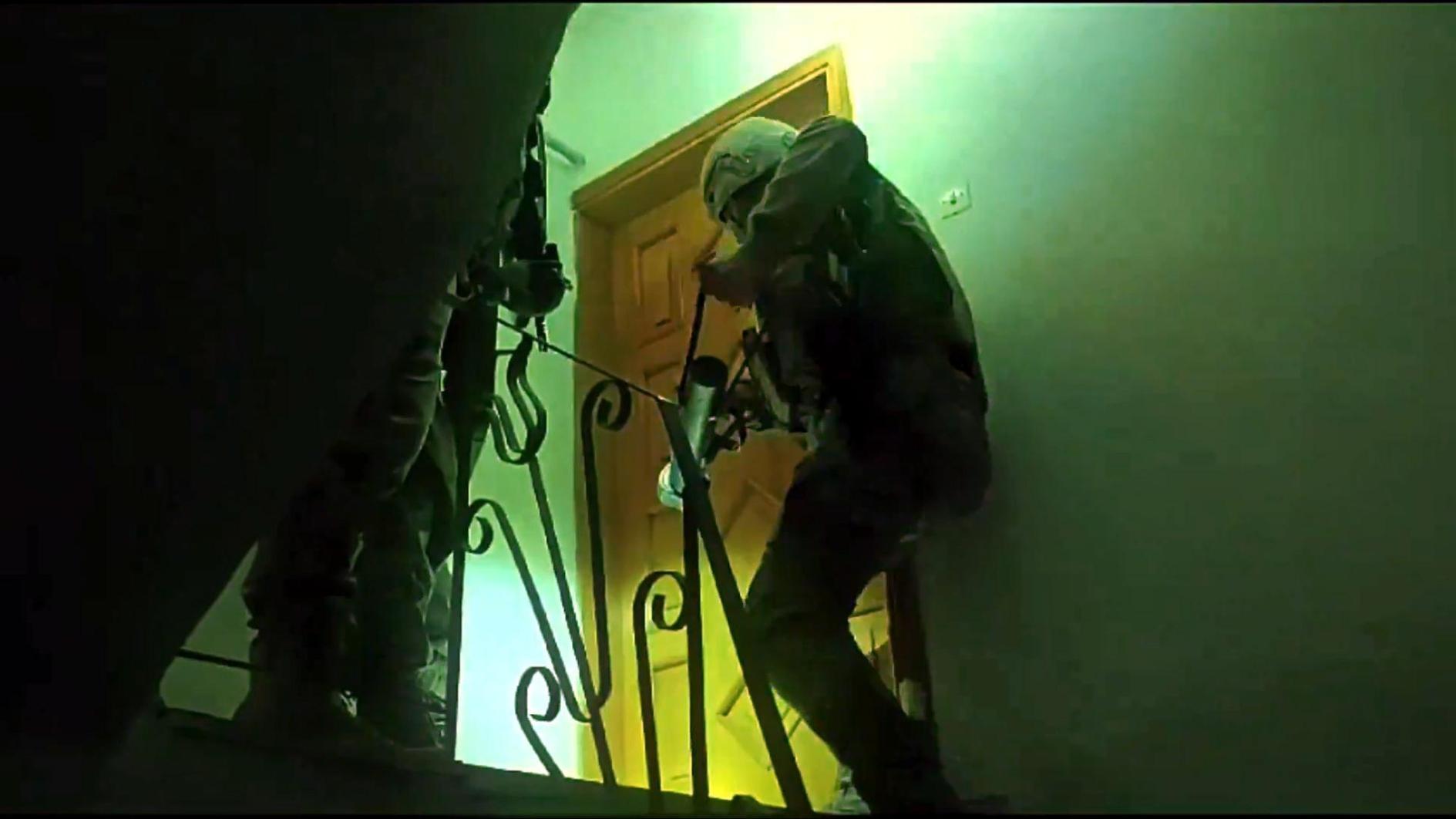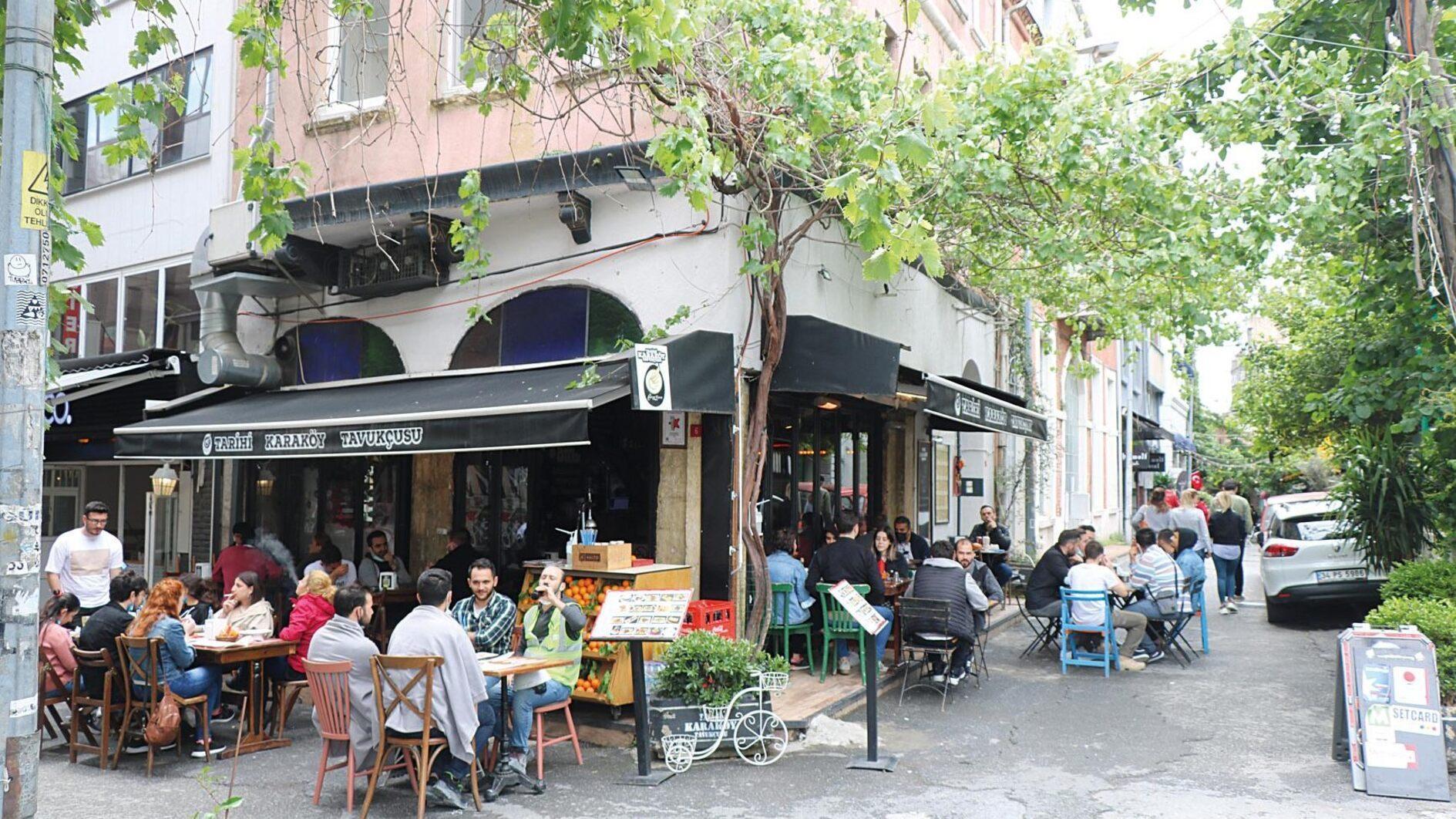The end of diplomacy
Tension in the Middle East is on the rise again. As the cradle of civilizations, this region has always experienced turmoil. One of the major reasons of instability affecting the peaceful coexistence of all the people of the Middle East is the dispute between Israel and Palestine. Yet, the region does not only host Arabs and Jews. There are Turks, Iranians and Kurds, but also several other ethnicities and minorities that enrich the social and cultural thread of the entire landscape of the Middle East.
Today, there are three additional dangers, which may add fuel to the fire in the Middle East. First, the situation in Syria. This country has been in the state of an undeclared civil war since 2011. Millions of people have been displaced and hundreds of thousands have been killed. Efforts of the international community, and their delayed focus on the problem, have caused a fertile environment for international terror to emerge in the Syrian theater.
Syria, in addition to the domestic strife between its regime forces and opposition, is also a ground for war against terrorism. The international community has had to address both. On the one hand, ISIS is losing ground and being surrounded around Raqqa and Deir ez-Zor. On the other hand, decisions taken in Astana, Kazakhstan, to declare zones of de-escalation in order to prevent the continuation of fight between the regime and the opposition forces are being implemented meticulously.
Turkey’s role in the de-escalation zone in and around Idlib is full of risk and danger. It is important to underline that the task is to secure guarantorship and control with the purpose of de-escalation in Idlib. Rumors that the mission might be expanded to grow into a confrontation with the PYD forces in Afrin endanger de-escalation.
In Iraq, the incapacity of Baghdad and Erbil to find a solution to the pending issues, which were left undecided after the adoption of the new constitution in 2005 has now brought the country to the brink of domestic confrontation between Kurds and Arabs. The Kurdistan Regional Government (KRG) in northern Iraq, having declared its efforts to address those pending issues have been in vain, opted for a referendum to ask the people whether the solution could be sought through independence.
Baghdad, having left the implementation of Article 140 of the Iraqi Constitution for 12 years, is now trying to resolve the question of the status of Kirkuk by the means of use of military power. Many fear the situation may escalate into a new tragedy in Iraq’s history.
The referendum of the KRG and its apparent consequences in Iraq, together with the risk of confrontation between Turkey and PYD in the Afrin region in Syria, is dangerously brewing into a wider conflict between Kurds and other nationalities in the Middle East. Such a development should be avoided and the centuries long co-existence of all the peoples in Middle Eastern geography should not transform into a new dividing paradigm.
The third danger is the non-implementation of the Joint Comprehensive Plan of Action (JCPOA) between the P5 plus 1 and Iran. United States President Donald Trump refused to certify the JCPOA and accused Iran of being a “rogue regime run by radicals.” This may be what President Trump would like to think but it is not an opinion shared by other parties of the JCPOA. Europe, China and Russia still believe in the merit of its sustainability.
Donald Trump’s approach has only encouraged the hard liners in Iran who have lost the last presidential elections to the moderates again. At a time when the Middle East is dangerously challenged by new fault lines, non-implementation of previously agreed deals puts the stability of the region at greater danger.
It is difficult to understand why opinion makers, politicians, leaders and decision makers force their peoples to find solutions to problems by provoking conflict and confrontation. Is it too difficult to adapt a peaceful and diplomatic, non-confrontational solution to all those issues? Is it the end of diplomacy? If it is, it means the end of peace. Unfortunately, the end of peace brings catastrophe.











